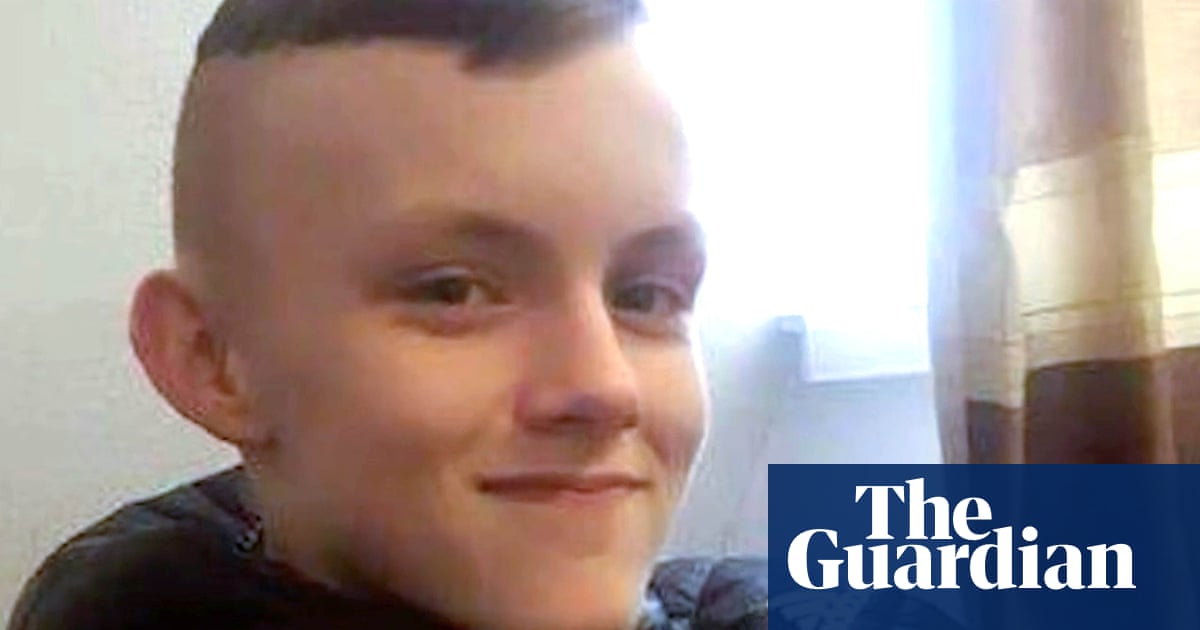
A group of intellectual Saudi Arabian expatriates have launched an opposition party on the second anniversary of the murder of the Saudi dissident Jamal Khashoggi.
The aim of the National Assembly party is to gather the support of people inside and outside of Saudi Arabia for the formation of a representative government, which would be the first elected democratic institution inside the country since its birth 90 years ago.
Madawi al-Rasheed, a scholar and party co-founder, said the party’s leaders were “already being bombarded by threats, including threats of beheading, since we violated the taboo of uttering the words democracy and political party.”
Rasheed said the new non-sectarian party would try to show how claims by the powerful Saudi crown prince and heir to the throne, Mohammed bin Salman, that the country was modernising were a sham, and that total obedience to the royal family was still demanded.
Khashoggi, a columnist for the Washington Post, was murdered in the Saudi consulate in Istanbul on 2 October 2018. According to Turkish officials, Khashoggi, a critic of Prince Mohammed, was strangled and his body was cut into pieces by a 15-man Saudi squad inside the consulate. His remains have not been found.
Riyadh has described the murder as a “rogue” operation, but both the CIA and a UN special envoy have directly linked Prince Mohammed to the killing, a charge the kingdom vehemently denies.
The anniversary has also been marked by a call from Democracy for the Arab World Now (Dawn), an organisation formed by Khashoggi, for the US government to publish everything it knows about his death.
“The Trump administration should provide the transparency that Congress has demanded regarding our government’s knowledge about Saudi Crown Prince Mohammed bin Salman’s role in this crime,” said Sarah Leah Whitson, the executive director of Dawn. “The Trump administration has violated America’s own law by keeping the Department of National Intelligence’s report on its findings about this murder secret from the American public.”
In an indication of how US-Saudi relations may change if Joe Biden is elected president, the Democratic senator Tim Kaine told a conference this week: “It’s now been two years since the brutal murder of Jamal Khashoggi. Justice has still not been served, a sham legal process has unfolded in Saudi Arabia and the masterminds of the murder remain free.”
Kaine said the way to honour Khashoggi’s life was to “hold Saudi Arabia accountable for their heinous crimes until we see a dramatic improvement in the nation’s treatment of journalists and political dissidents.”
Saudi Arabia is preparing to host a virtual G20 summit in November – a moment Riyadh had hoped to be a milestone in its leadership’s rehabilitation.
It announced on Monday that the summit would be held entirely online, depriving the kingdom of a chance to show itself off to world leaders.
Human rights campaigners have been targeting the summit as a way of highlighting the contrast between the image sold by the kingdom and the repression of dissidents.
Hala al-Dosari, a leading Saudi women’s rights activist, said increasing numbers of women detained in Saudi Arabia had alleged torture on the part of the state security department.
She said social media had been transformed into a vehicle of the state, leaving people ignorant of what was happening in the country. She added that people arrested in a crackdown in the months after Khashoggi went into self-exile in August 2017 had a collective Twitter reach in excess of 44 million followers.
Karen Young, a resident fellow at the American Enterprise Institute, said Saudi Arabia was facing a fiscal cliff due to excess public spending, a small tax base and a tenfold increase in external debt burden, measured at $26bn (£20bn) in 2014 and projected to reach $250bn by the end of this year.
At the same time, foreign direct investment is a tenth of its level a decade ago, with no sign that tourism development or major infrastructure projects are likely to grow in the next few years.
Young said the Saudi ministry of finance was taking difficult, necessary steps to cut spending, but sustainable economic growth “requires an outstretched hand and trust, and that has really been the weakness of the current leadership”.
She added: “The pressure to do more with less will require a whole new kind of politics.”








